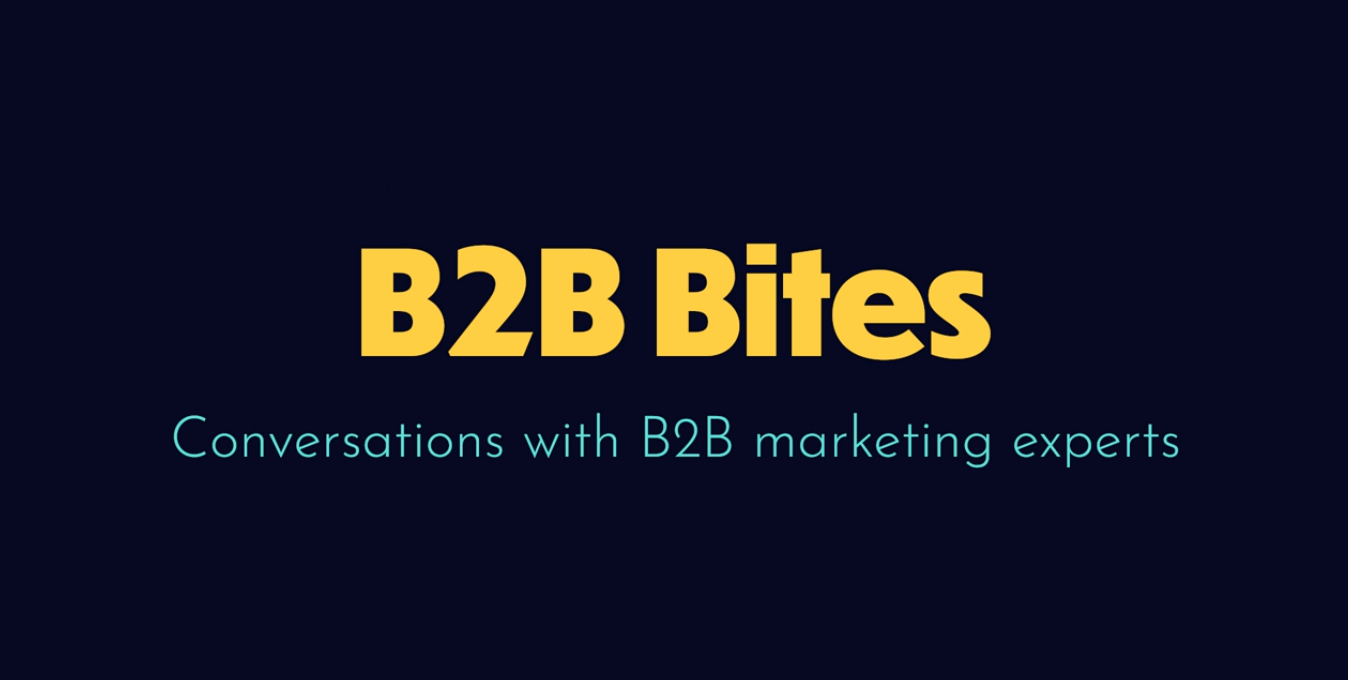The greatest sales technique a salesperson can use is convincing customers that they’re getting a favour. So when Facebook (via Mark Zuckerburg) announced changes to their algorithm on the pretext that ‘posts from businesses, brands and media ... are crowding out the personal moments that lead us to connect more with each other’ - it sounded sincere. But was there an ulterior motive for the move?
How much does Facebook really care about showcasing our cousin’s 100th baby pic of the week or making sure that we see all those cat updates from a distant acquaintance? OK, it’s a cute cat, but let’s be real. Advertising revenue is important to Facebook’s business model. Like, really important.
It accounts for about 98 percent of their global revenue (the remaining two percent is generated by other fees revenue.) According to
When they announced changes to enhance the user experience, they did so with the knowledge that marketers would be reading between the lines, from the sidelines. Sure enough, within days, everyone was trying to figure out what it meant for their B2B social media strategy and business marketing.
What’s increasingly clear is that nothing is free on the internet anymore. Even earned media is suffering from lack of engagement. By restricting brand posts, clamping down on organic reach, and offering visibility for a fee, Facebook is repositioning its money-making machine. As many brands have experienced, content is no longer wholly effective on its own.
‘A Facebook page’s organic reach is about 10% of what it was five years ago,’ wrote Elliot Schimel, CEO of Mission Control Marketing, in his contribution to Forbes. ‘If you’re not utilizing Facebook advertising, you’re not getting nearly as much value as you should be.’
Paying to boost posts raises some vital question
- Does the quality of content matter anymore?
- With enough spend, could (exceptionally) ‘crap’ content soon fill our newsfeeds?
- Is Facebook even the best platform for B2B?
- … and if it is, what type of content should we be putting on it?
Despite our obvious cynicism, Facebook's most recent algorithm change could be a seminal moment in the crafting of your B2B marketing strategy. In the 24-hour news cycle, where stories are swallowed up and archived by the minute, it’s important for content to be timely, relevant and get found by prospects. Ultimately while earned media is potent, it works best when supported by paid. And this should be the strategic position taken by every business marketer on Facebook (yes, even B2B).
Only by including paid advertising into your B2B marketing strategy can you truly own your channel, build brand awareness, and orchestrate sophisticated campaigns on what is a very visual social (read: not professional) platform. This doesn’t, however, mean that it’s OK to throw money at it like there’s no tomorrow. Let’s face it, if they’re anywhere online, most decision-makers are probably over on LinkedIn. But they’re on Facebook at all, it’s probably in between reading the weekend papers and wearing sweatpants. Not prime decision-making time or frame of mind.
Hook into what Facebook does best
An important part of building out your B2B marketing strategy on social is playing to the strengths of each network where you’re active. This means knowing what best goes where, tailoring content from a big campaign to a particular platform, (AKA atomising your content) and having a good understanding of what audiences to target.
Since there's only a certain level of specificity you can get to on Facebook (i.e. gender, age, likes, dislikes) a good understanding of your target persona is necessary to leverage the network in a meaningful way. For instance, he might be 45 - 55 with a keen interest in tennis - but chances are, only 50% of this information is actually useful to you.
What does a good Facebook ad look like?
For the B2B marketer, it’s important to understand the value of different types of Facebook
4 things your next Facebook ad should have
- Less text: Maximum 20% text in the ad space - don’t make your viewers, readers
- Gifs: attractive, interactive and load quickly
- Videos: Facebook has a voracious appetite for this media
- Subtitles: Videos don’t play sounds automatically, but don’t let that stop you getting your point across
You need to know how to optimize them, how to effectively target your ads, and you must understand the value of different types of Facebook ads, such as a carousel ad versus a sponsored post. In fact, you might decide that Facebook works best for growing brand awareness than for conversions resulting in leads. Ultimately, to get the most out of Facebook (and subsequently, other social networks) you must be aware of the goals your brand would like to achieve and plan accordingly. And, if all else fails, you can always hire an agency to help get your B2B marketing strategies off the ground.









